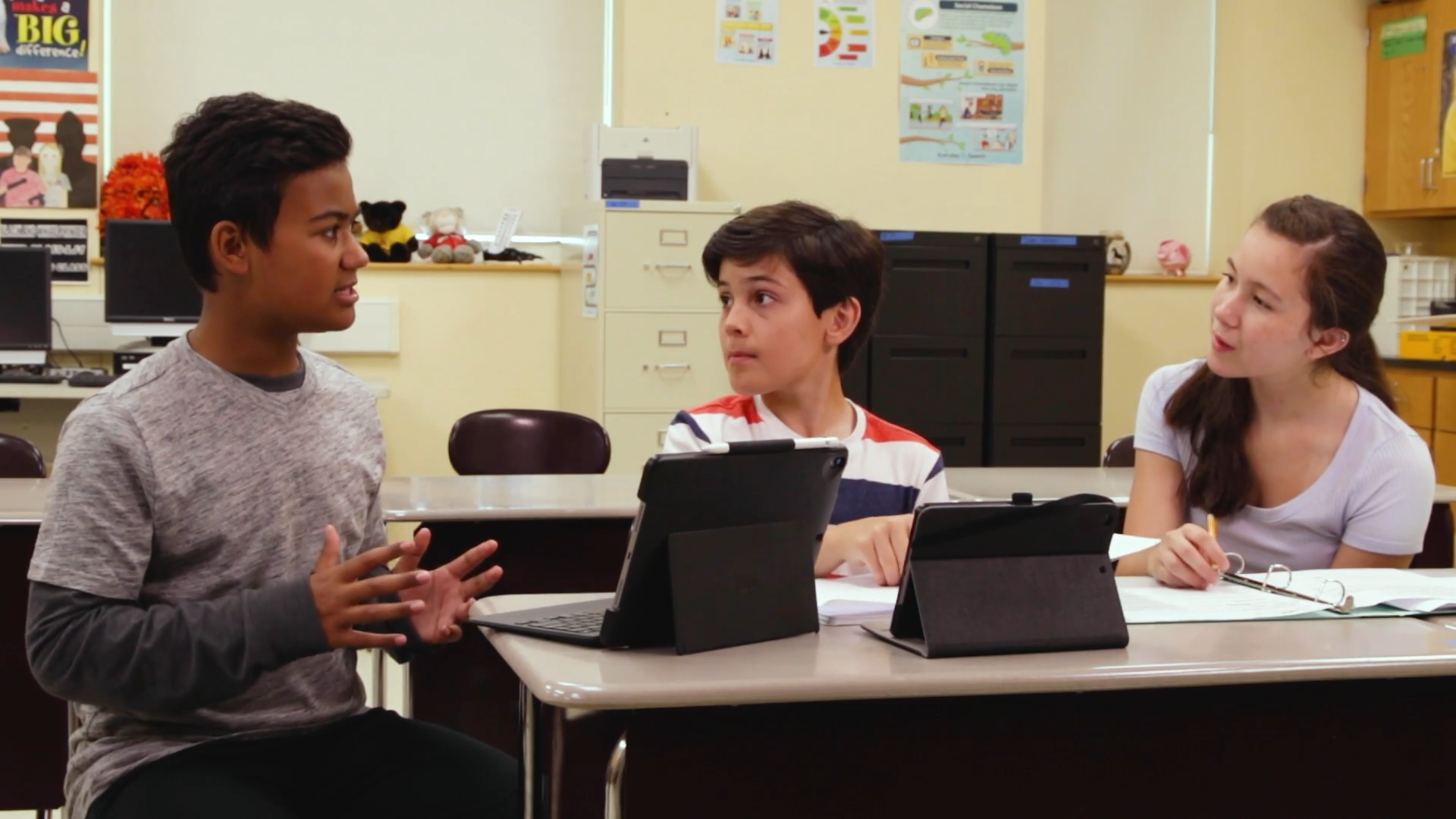
When educators teach group work skills to kindergarten students, they are laying the foundation for a lifetime of effective collaboration. Social-Emotional Learning (SEL) is an essential aspect of education, and group work plays a crucial role in developing these skills. In this blog post, we will discuss the four key steps to group work and how to foster collaboration among kindergarten students.
Introduction
Group work is an integral part of the learning process, especially for kindergarten students. It involves working together with others towards a common goal, and it requires students to develop essential skills such as communication, problem-solving, and cooperation. The four parts of group work are:
- Accept the group you’ve been assigned
- Organize the tasks
- Share ideas
- Encourage the work to continue
By teaching students these skills, educators can help them build strong foundations for successful collaboration throughout their lives.
No-Prep Activity: The Animal Parade
This fun and engaging activity requires no preparation or materials from the educator. It helps students practice the four key steps of group work, as well as improve their communication and cooperation skills.
- Divide the students into groups of 3-5.
- Assign each group an animal (e.g., elephants, lions, giraffes).
- Ask the students to work together to create a parade formation that represents their assigned animal. They can use their bodies, movements, and sounds to portray their animal.
- After a few minutes, have each group present their parade to the rest of the class.
Throughout the activity, encourage students to accept their group, organize their tasks, share ideas, and support each other’s work. The Animal Parade is an excellent way to introduce group work skills to kindergarten students in a fun and engaging manner.
Discussion Questions
After completing the activity, use these questions to stimulate further discussions about group work and collaboration:
- How did you feel when you were assigned to your group?
- What strategies did you use to organize the tasks in your group?
- How did you share your ideas with your group members? How did you listen to their ideas?
- What were some ways you encouraged your group members during the activity?
- What challenges did you face during the group work? How did your group overcome them?
Related Skills
In addition to the four key steps of group work, there are other relevant skills that students should develop to become effective collaborators. These include:
- Active listening: Paying attention to what others are saying and showing understanding by asking questions and paraphrasing their words.
- Conflict resolution: Addressing disagreements in a respectful and constructive manner, finding solutions that benefit all group members.
- Empathy: Understanding and sharing the feelings of others, which helps build trust and positive relationships within the group.
- Responsibility: Taking ownership of one’s actions and contributing to the group’s goals by completing assigned tasks.
Next Steps
Teaching group work skills to kindergarten students is essential for their development and success in school and beyond. To access free sample materials that can help you teach these skills and others, sign up at Everyday Speech. By incorporating principles of Social-Emotional Learning into your teaching, you can help students build the foundation for a lifetime of effective collaboration.

